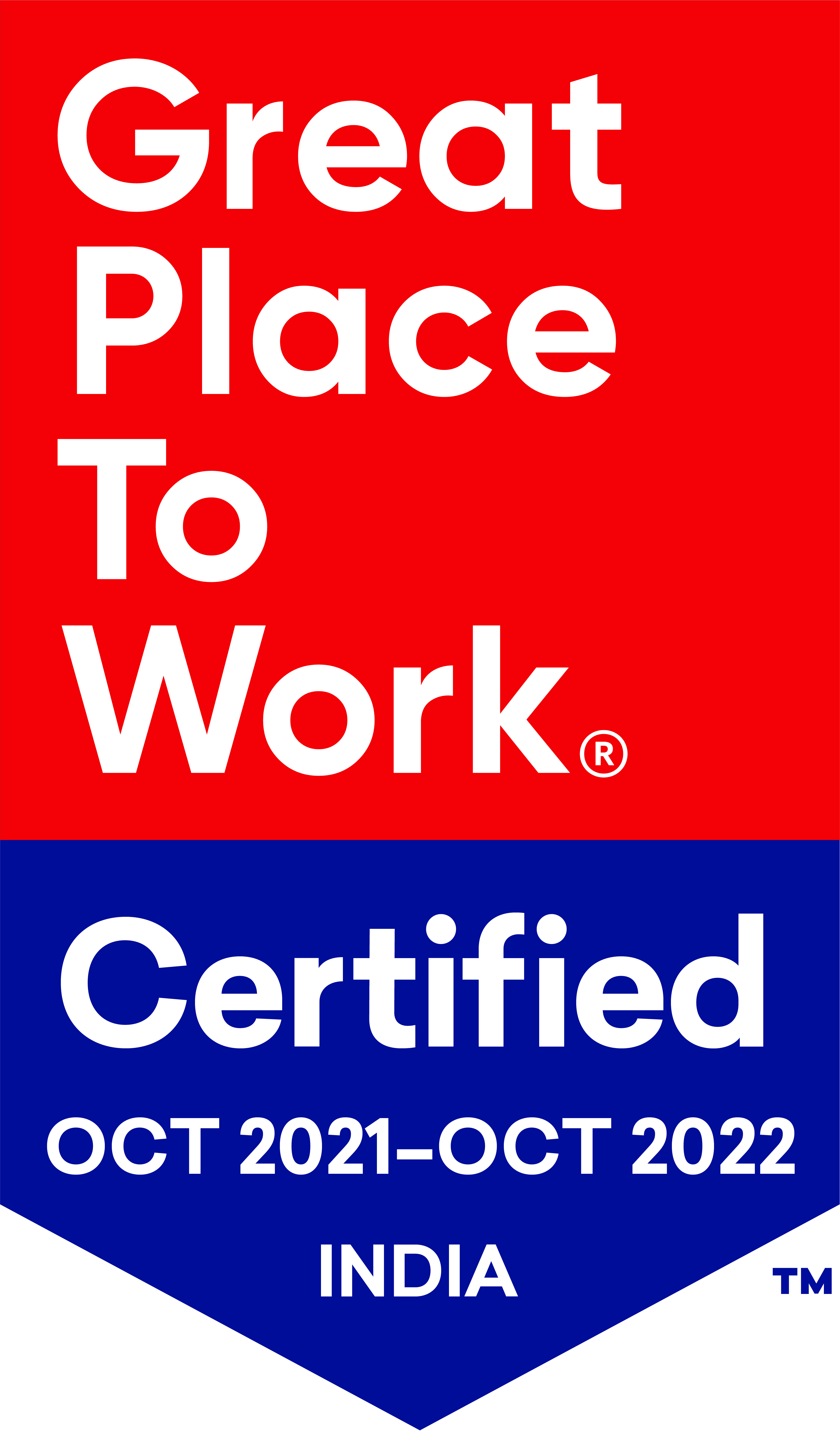Project PANKH- Addressing gender based violence among Women Who Use Drugs (WWUDs) in India
The Global Research Institute, Bishkek, Kyrgyzstan organised the WINGS (Women Initiating New Goals for Safety) Conference on 5th June, 2017 at Hotel Plaza in Bishkek. The conference focussed at demonstrating the advanced capacity of WINGS as a platform for working with women who are most-at-risk of HIV and exposed to multiple cross-cutting forms of discrimination. The NGOs from Kyrgyzstan and Kazakhstan implementing WINGS including representatives from UNWOMEN, CDC, USAID, HelpAge, UNDP, National Harm Reduction Association of Kyrgyz Republic where amongst the audience at the conference.
I represented India HIV/AIDS Alliance and shared my experience of working on the project PANKH in India. The project works using the WINGS (Women Initiating New Goals for Safety) model licensed under the Columbia University, USA. WINGS is designed to help women from all walks of life to identify the violence that they are facing and help them develop relevant solutions.
Intimate Partner Violence (IPV) and other forms of Gender-Based Violence (GBV) are serious health threats and lead to their human rights violations, particularly for women who use drugs (WWUDs). Alliance India through its various past and current project on Harm Reduction have come across WWUDs who have been facing IPV and GBV and we realise that it is one of the most severe structural barrier for women which makes access to services difficult.
Regional Technical Support Hub of Alliance India with support from International HIV/AIDS Alliance piloted a six months project in Pune, India, in partnership with local NGO, Sahara Aalhad, with an aim to identify and understand the scenario on IPV and GBV among the WWUDs using the screening, brief intervention and referral to treatment (SBIRT) WINGS model. Out of the provided target of 50 WWUDs, 48 of them were screened and enrolled under the WINGS module, who further went through all the sessions of the intervention study, and the retention rate of these WWUDs on the 3 months follow-up post intervention was 75%.
When we concluded the project after six months (1st December 2016 – 31st May 2017), the findings from the WINGS intervention left us shaken with a glaring picture of the lives of WWUDS. From amongst the 48 women participants – almost all were victims of forced sex, 5 of them were repeatedly gang raped but were ignored by the law enforcement agencies. Many had gone through IPV of extreme nature; their physical and psychological abuse was pathological and continuous. Informal sex work to support their drug or alcohol dependence further adds to their vulnerability.
I was a part of the baseline survey with one of the enrolled WWUDs and I still remember her saying “if I have casual sex in the darkness of the street I get paid peanuts, but if my client want to take me to a hotel room I get paid more, the more I open my clothes the more I get paid but it also means going through coerced sex, but I get paid more, which means I can buy more quantity of my daily dose of drugs”
In a focus group discussion, few agreed and said that “taking stand for our rights is the most dreaded step as we are aware of the horrible consequences that would entail, so we are forced to keep quiet”
Witnessing the kind of issues that the women faced, one outcome that emerged by the first quarter of the project was that Sahara Aalhad initiated a test-and-treat model for HIV/TB and STI. WWUDs diagnosed with HIV were linked to the continuum of care – 14 % were infected, 10 % were put onto treatment, 2% was not eligible for treatment. WWUDs and their children were referred and accompanied to local government hospitals for treatment. Many women had no official documentation that verifies their existence as bonafide Indian citizens, nor did their children had birth certificates. Therefore, the project had to add this critical service to the PANKH program so that the women could access government social welfare schemes and their children could be placed in hostels with identities.
The learnings of the recent PANKH project has made us aware that we need to take things to the next level and contribute to making a significant and sustainable change in the lives of WWUDs towards better health and decent life.
The author of this blog is Pemu Bhutia, Senior Technical Officer, Regional Technical Support Hub – Alliance India
Other Recent Articles
- The COVID-19 pandemic through a transgender person’s lens 20 May, 2021
- The first-ever National Transgender Summit reaffirmed the rights of the transgender community 16 April, 2021
- Our Reflection on World Health Day 2021 7 April, 2021
- Vihaan Care and Support Programme Review Meeting 6 April, 2021
- Never too late to save one more life 25 March, 2021
- Ensuring ART adherence among the discordant couple 12 January, 2021
- Providing counselling and support to decrease loss-to-follow-up among PLHIV receiving ART 29 December, 2020
- Human Rights & Faith for People Who Use Drugs in Times of Pandemic 21 December, 2020
- Walking the talk: Making services community-led in India’s HIV response 21 December, 2020
- Press Release: The Launch of Faith For Harm Reduction Manual 19 December, 2020
- Made by Nicdark - Copyright 2020
- donations@ong.com
- volunteers@ong.com
- contact@ong.com
India HIV/AIDS Alliance
A not-for-profit Section 8 Company with Registration No: U85310DL1999NPL098570
Contact
-
6, Community Centre
Zamrudpur Kailash Colony Extension
New Delhi – 110048 - +91-11-4536-7700
Download
Quick links
©2021 All Rights Reserved by Alliance India




Leave a Reply